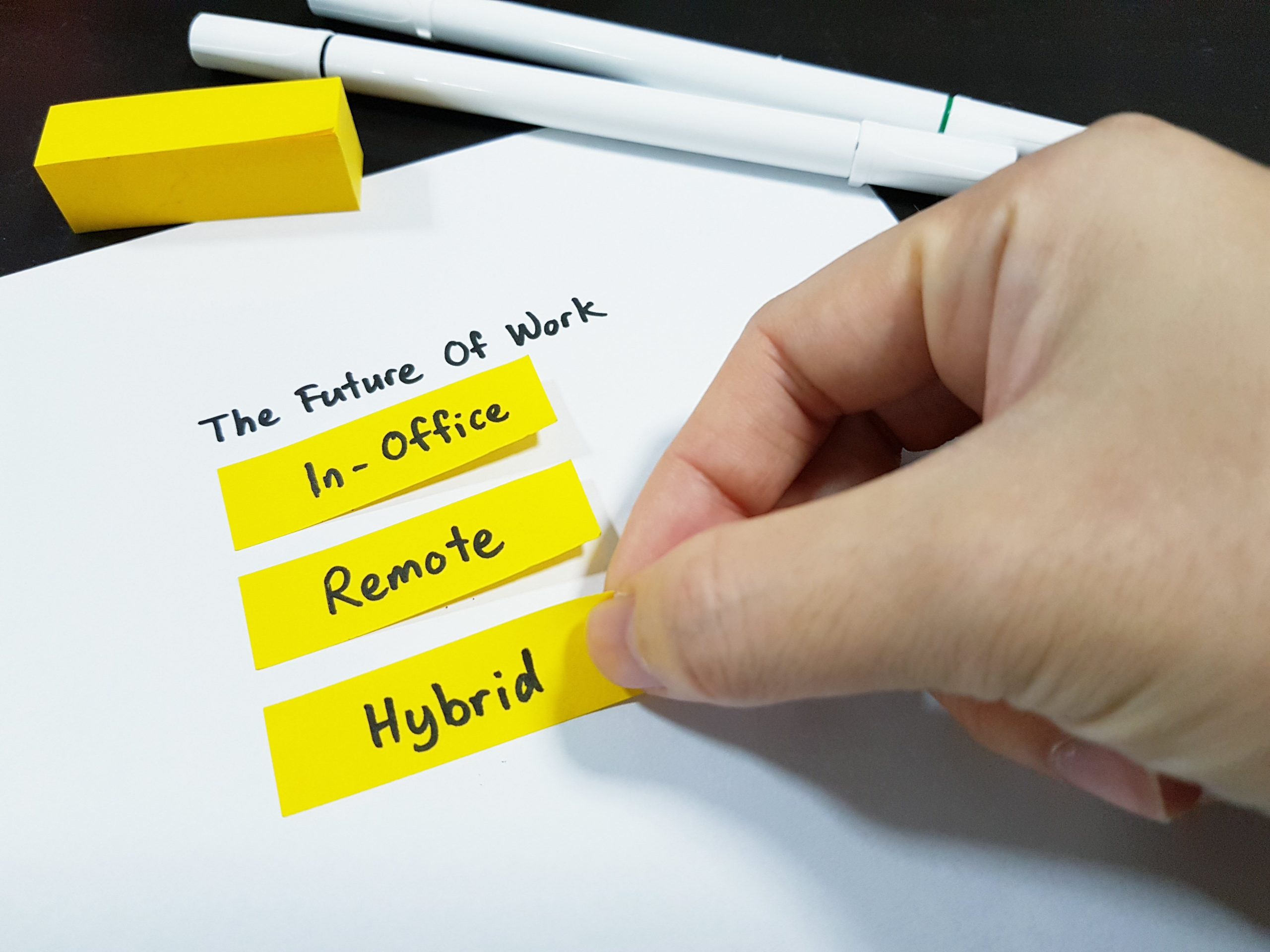
Change management for hybrid working environments
Digitalization has triggered a rapid transformation in the world of work. Teams can no longer just work together within one floor, but across borders between continents. Working from home has also become part of everyday life in many companies. New ways of working are emerging as a result, but relationships between employees and managers are also changing. In order to integrate these processes productively into the development of the company, managers must ensure that hybrid working doesn't just feel good for employees. It is also important that it moves the company forward. This is where good change management can accompany the transformation.
The challenge of hybrid working: The delicate balance between productivity and coffee drinking
As always and everywhere, change offers opportunities and risks in equal measure. A hybrid work culture is gratefully accepted by most employees. For them, it is a great opportunity to reconcile family and their own interests with their work. Companies also benefit from having to provide fewer workplaces. And teams can therefore come together quickly and effectively across national borders using only a digital connection.
Whether this added value is created on both sides depends crucially on the employees themselves. Bosses have fewer opportunities to control whether work is actually being done during working hours or whether the home is still being used for private pleasures. Good change management therefore always starts with the people, their expectations and their motivation to personally commit to the company's goals. This is one of the essential prerequisites for hybrid working to succeed in the first place. The transition from a fixed office to working on the beach, in a café or in a city park must be accompanied.
Hybrid work needs formal rules from outside
Hybrid working models are not synonymous with "everyone does what they want". There must, of course, be clear rules and performance targets. Regulating working hours is one thing. But it must also be clear what work is to be done during this time. Work results often build on each other. Team member 1 needs the input of team member 2 in order to make progress in their own work. It is therefore important to make agreements as cooperative and transparent as possible.
Teamwork is also a decisive factor in change management. Those who feel part of a larger whole are also more aware of their own responsibility. After all, a team only works if all the gears mesh. Change management is also important here in creating and maintaining a sense of unity despite the diversified workplace situation.
Hybrid working models are the future for companies
Since the coronavirus pandemic, it has become part of everyday life in many companies for some employees to work from home. However, due to the circumstances, this could not be planned in advance, but was implemented on an ad hoc basis. As a result, no fixed routines have yet emerged that establish remote and home office work as a fixed process in the company. With hybrid working models, companies are creating an incentive for the acquisition of skilled workers, some of whom no longer have to change location to take up a job.
Chance Management, three things are crucial on the road to hybrid working:
- Communication work
- Removing (technical) obstacles from the way
- Create internal & external networks
We are happy to offer you appropriate assistance in change management. Get in touch with us.